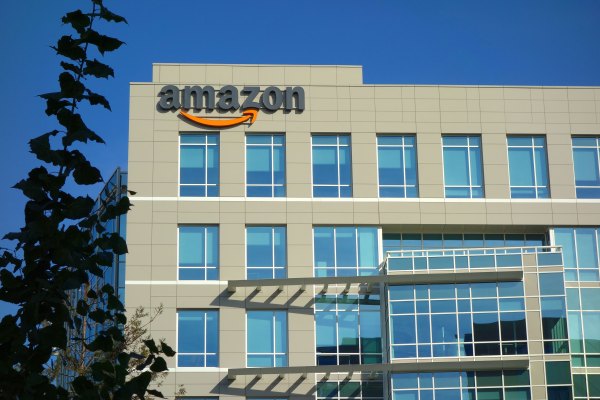A leading U.S. retail group, whose members include Walmart, Target, Best Buy and others, has penned a letter to the Federal Trade Commission that details its concerns over big tech companies’ dominance. The letter specifically calls out Amazon and Google for their control over the majority of internet product searches, how price and product information reaches consumers and other concerns.
The letter, written by The Retail Industry Leaders Association (RILA), urges the FTC to take a closer look at the big tech platforms. The group also offers to help in any antitrust investigations.
“It should…be quite concerning to the Commission that Amazon and Google control the majority of all Internet product search, and can very easily affect whether and how price and product information actually reaches consumers,” write the RILA. “Moreover, these firms are extraordinarily adept at determining how small changes in the way in which information is conveyed affect consumer behavior — given that nearly everything they do is driven by big-data science and machine learning models,” the letter continues.
“To put the matter as simply as possible, a firm does not need to have the power to control prices if it has the power to control effective access to price information,” it says.
The RILA says it understands the consumer benefits to e-commerce, in that it provides fast and efficient access to products at a scale that exceeds what’s possible in the physical realm. But it also presents their case where the major tech firms are called out as “bottleneck technology platforms,” where information about products is not transparently shared with consumers.
The group asks the FTC to consider rules and enforcement actions that require companies to disclose where products come from, whether they’re new or used, whether their sale is authorized and how the price from one seller compares to others. Amazon is mentioned here as an example of the problems that can arise when a firm controls an “essential platform” like Amazon Marketplace and also competes on that same platform.
Additionally, the letter asks the FTC to look beyond the consumer benefit of lowered prices or free services — sometimes by subsidizing the platform with other profit streams.
“…Retailers believe antitrust regulators’ traditional reliance on price is ripe for reevaluation and are encouraged by recent statements by policymakers indicating a renewed commitment to evaluating non-price competition harms,” the letter says.
Pointing to how much power Amazon has, the RILA notes that nearly two-thirds of consumers search directly on its site when looking for products, allowing it to collect massive amounts of data on consumer shopping habits, which its privacy policy allows it to share with others — and it doesn’t offer an opt-out.
Plus, the retailer group argues that smaller sellers are forced to operate on Amazon because of its dominance, which in turn provides Amazon with data to then capture their business if it’s profitable or growing.
For example, Amazon searches will direct consumers in a way that make it seem as if a product is sold on the site, even if the brand doesn’t sell on Amazon. The letter references the Williams-Sonoma lawsuit in this case. The suit claims Amazon is infringing on Williams-Sonoma’s patent by directing searchers to its products, without making it clear those products aren’t coming from Williams-Sonoma itself.
Related to this, counterfeiters are a problem on Amazon’s site — as recent lawsuits in which Amazon is participating also show.
The organization ends the letter by offering to work with the FTC as it investigates antitrust claims over any of these matters.
Aware of the increased insight, Amazon has been making its own case to counter these claims, saying it’s only a “small player” in global retail, as 90% remains in the physical realm.
The FTC is one of two U.S. government bodies now investigating big tech. The FTC is overseeing probes into Facebook and Amazon, while the DOJ (Department of Justice) is looking into Google and Apple. In addition, the House Judiciary’s antitrust subcommittee began in June to look into how Facebook and Google are impacting the news industry.
Amazon responded to the RILA letter with the following comment:
“The retail market is fiercely competitive. Amazon represents less than 4% of U.S. retail. The vast majority of U.S. retail sales – 90% — still occur in physical stores.”
7/2/19, 1:30 PM ET — Updated with Amazon comment; Google has not provided comment.
